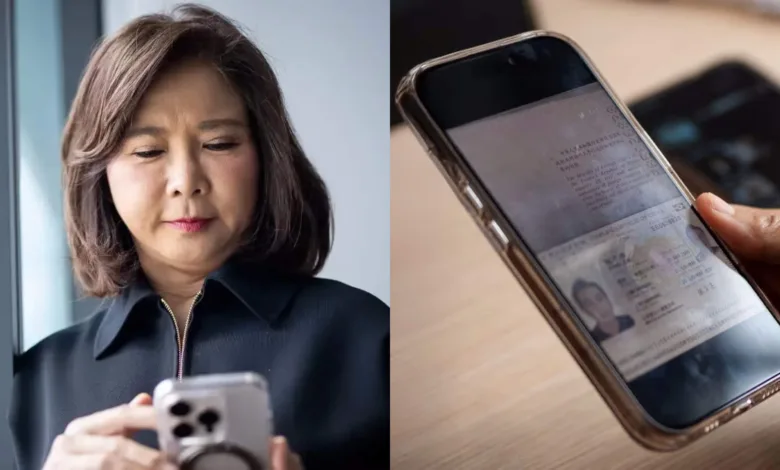
Bangkok, Thailand – For Narakorn Tiyayon, a 57-year-old former television news anchor, the initial message on Facebook seemed harmless. The man who contacted her had a charming smile and an impeccable online profile. She had no idea she was stepping into a meticulously planned “pig butchering” scam, a cruel blend of emotional manipulation and financial fraud.
“It began innocently,” Narakorn recalled, describing the “hello” message she received on June 4, 2025. “Normally, I ignore messages like that, but his profile looked real – too perfect, maybe – and I replied.” She was struck by how handsome, polite, and successful he seemed.
But as she explained in an interview with UN Women on November 11, 2025, this was the start of a slow, calculated grooming process. The man presented himself as a cryptocurrency expert, even sending what appeared to be convincing screenshots of high investment returns and his Chinese ID and passport.

Weeks of constant communication followed on Facebook and LINE, filled with morning greetings, coffee chats, and goodnight wishes. He paid meticulous attention to the details of her life. Narakorn began to envision a future with him, what she called “a dream relationship” and “a fantasy family we would build together.”
The scam began its financial phase when he persuaded her to make a small test investment. He showed her how to earn and, crucially, withdraw small profits. “That was how they got me,” she explained. “Seeing real money come back made it feel legitimate.”
She saw initial successes, earning small sums of 5,000, then 7,000, and finally 8,000 baht from what looked like legitimate platforms. The trap was set.
The moment of truth came on August 27, when he pressured her to invest $100,000, promising he would contribute $300,000. “Then I knew there was something wrong,” Narakorn said. “I woke from the spell.” She immediately cut off all contact and reported him to Facebook and Thai financial authorities.
In hindsight, she discovered the elaborate nature of the scheme. The profile was a facade for a criminal network. The investment platform, “Muropro,” was entirely fake, cleverly designed to route her funds through legitimate Thai crypto exchanges before funneling them into untraceable digital wallets.

Narakorn pushes back against the stigma faced by scam victims. “People may think that romance scam victims were stupid or greedy,” she said. “But we simply have a heart and empathy. Our trust has been manipulated… Anyone can be deceived. I was lucky to stop before losing everything.”
This story is part of a wider trend. Cybersecurity experts and UN Women note that online financial scams are rising, often disproportionately targeting women by exploiting emotional vulnerability. Authorities are calling for stronger digital literacy and a concerted crackdown on scam centers operating in the region.
Narakorn is now using her experience to help others. She is scheduled to speak at a November 27 seminar on ending digital violence against women, an event led by the Embassy of Belgium in collaboration with UN agencies and other European embassies.
Her message is clear: “I want people, especially women, to know that being cautious online isn’t paranoia. It’s protection. We must talk about it openly so others don’t have to go through what I did.”








